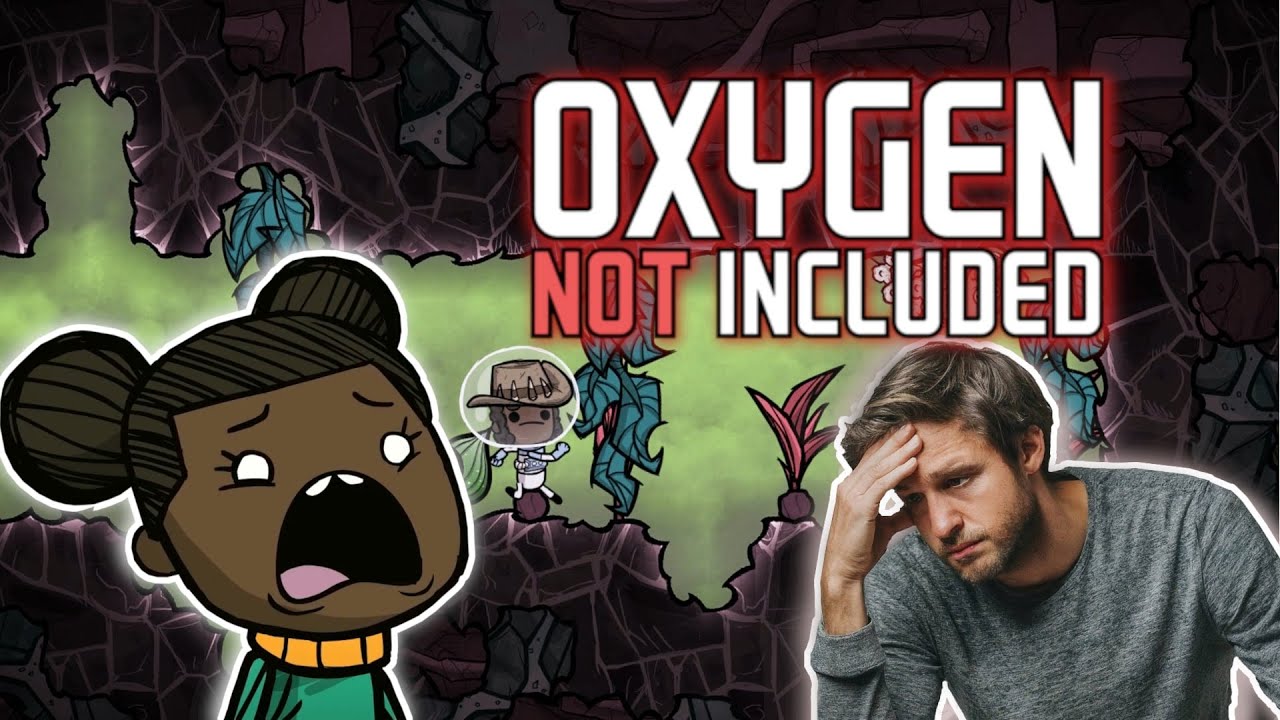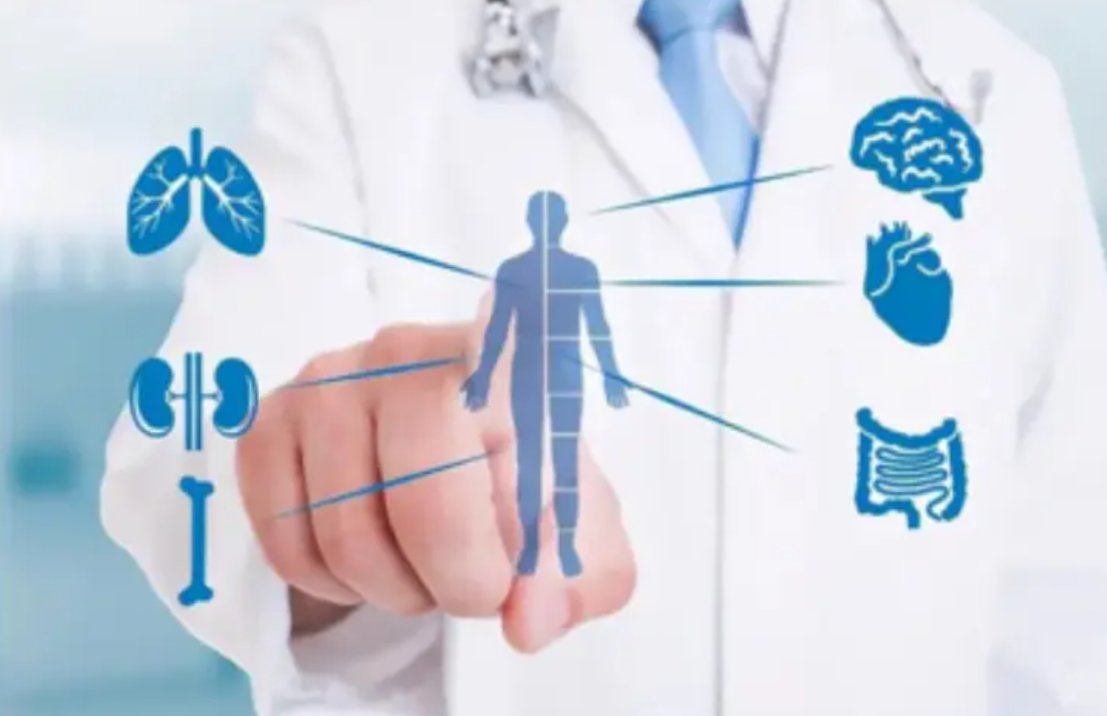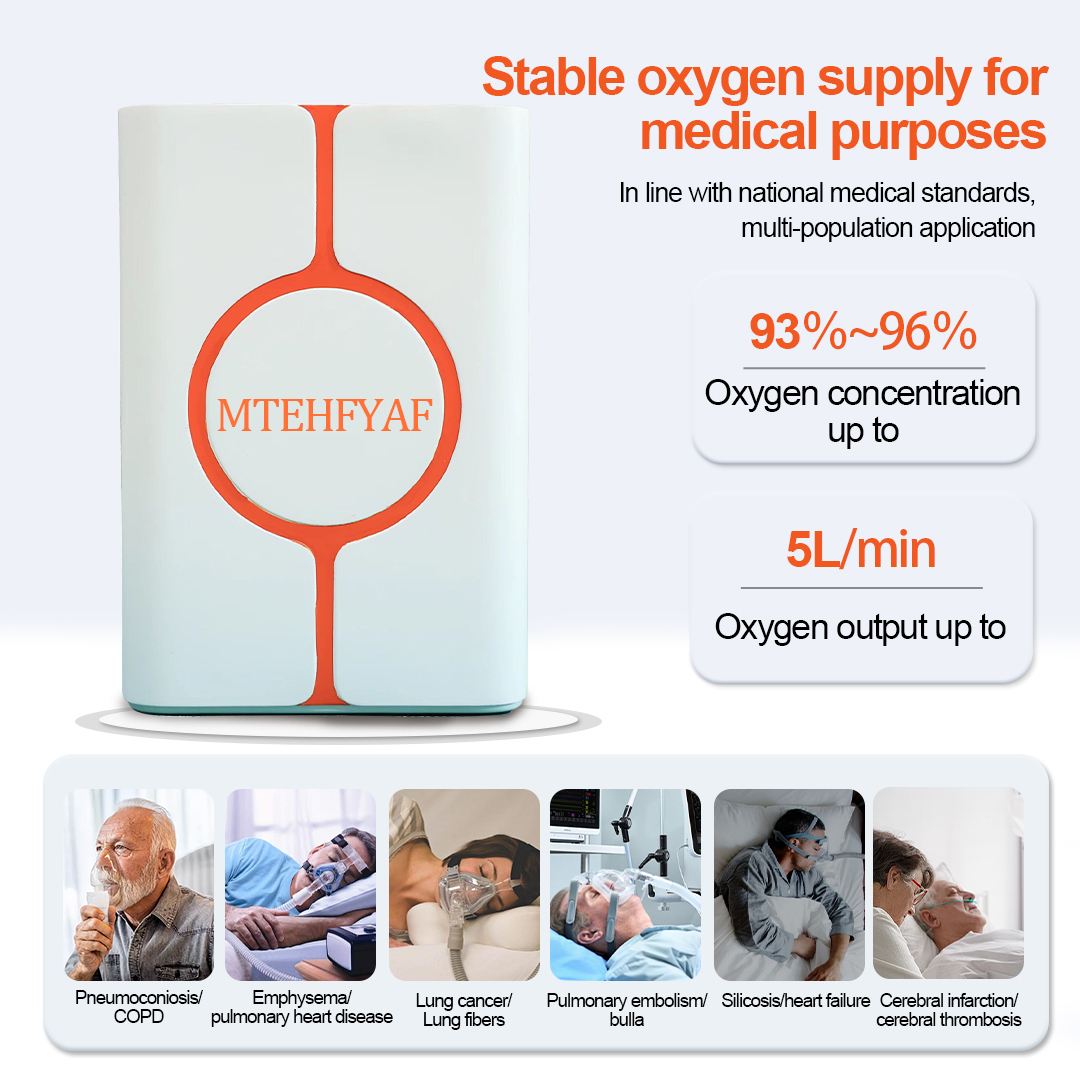Normal breathing every day, why do you still have hypoxia?
Normal breathing every day, why do you still have hypoxia?
Dr. Levine, an American molecular biologist, once said: "hypoxia is the main cause of many diseases." If the human body is chronically hypoxic, the nervous system, blood system circulation, respiratory system, digestive system and immune system will be affected. The human body is made up of 50 trillion-75 trillion cells, each a small machine that converts oxygen and fuel (glucose) into energy in a dynamo (mitochondria) for movement, thinking and other activities. Although cells can also produce energy under anaerobic conditions, it is much less efficient than under aerobic conditions. So, why do we breathe normally every day, but still starved of oxygen?

Excessive mental stress
Modern research has shown that psychological factors affect the physiological phenomena. When the mental pressure is too large, oxygen consumption increases, can be more than 2 to 3 times of the rest, if the supply of oxygen is insufficient, it will cause hypoxia, will affect the normal operation of physiological functions, the situation is more serious, even the respiratory system will be affected.
Bad food preferences
In daily life that we eat all kinds of vegetables, fruits, are using chemical fertilizer cultivation, filled with all kinds of modern fast food, frozen food, and the modern surfeit of excess, excessive burden caused by internal organs, make the body produces all kinds of harmful substances, the body to discharge these harmful substances, requires a large amount of oxygen.
Environmental pollution and working pressure
Working in a closed air-conditioned space for a long time, this place with poor ventilation, the supply of oxygen is naturally insufficient. And industrialized society rhythm speeding up, the pressure of work, most people, affected the normal physiological function, which result from a lack of oxygen to the body.
Lack of exercise
Exercise is a natural aerobic activity, long-term lack of exercise, heart and lung function will slowly decline, the body's oxygen absorption will reduce, and cause hypoxia.
Atmospheric oxygen levels decrease
Because of destruction of the forest ecosystem by human serious, that is, destroyed a source of oxygen, oxygen content is reduced, the mechanism of oxygen natural under threat.
Physical illness, trauma and infection
When the human body is sick and injured, normal physiology will be hindered, and the supply of oxygen will be affected.
Aging of the body
After the aging of the human body, the function of oxygen absorption will also be blunted, and the efficiency of oxygen absorption will decrease, which will naturally cause hypoxia.

-- Advent of supplemental oxygen --
`1、Organ tissue: Brain
"Hypoxia: fatigue, neuronal cell inactivity, increased blood viscosity, and memory loss.
After the oxygenating: promote brain cell metabolism, reduce blood viscosity, relieve fatigue, concentration, enhance memory
2、Tissues: the lungs
Hypoxia: decreased oxygenation, chest tightness and shortness of breath
After supplemental oxygen: blood oxygen saturation increased, lung contraction was normal, and oxygen inhalation increased
3、Tissues: the liver
Hypoxia: decreased metabolism and decomposition ability, fatty liver
After supplementing oxygen: metabolism and decomposition ability increased, alleviated alcoholic liver and fatty liver
4、Organ tissue: Body stiffness
Hypoxic state: cold stomach, stiff capillaries, and distal limb ischemia
After supplementing oxygen: promote blood metabolism, relieve cold hands and feet
5、Organs: eyes
Hypoxia: eye fatigue, decreased vision, dryness and pain
After the oxygenating: activation of retina, clear vision, alleviate eye fatigue
6、Organ tissue: Skin
Hypoxia: dry, pores, dandruff, bags and spots
After the oxygenating: exquisite skin, reduce wrinkles, reduce dander of color
7、Organ tissue: Body fat
Hypoxia: slow glucose metabolism, fat accumulation
After the oxygenating: promote glycolysis, accelerate the fat burning and decomposition






